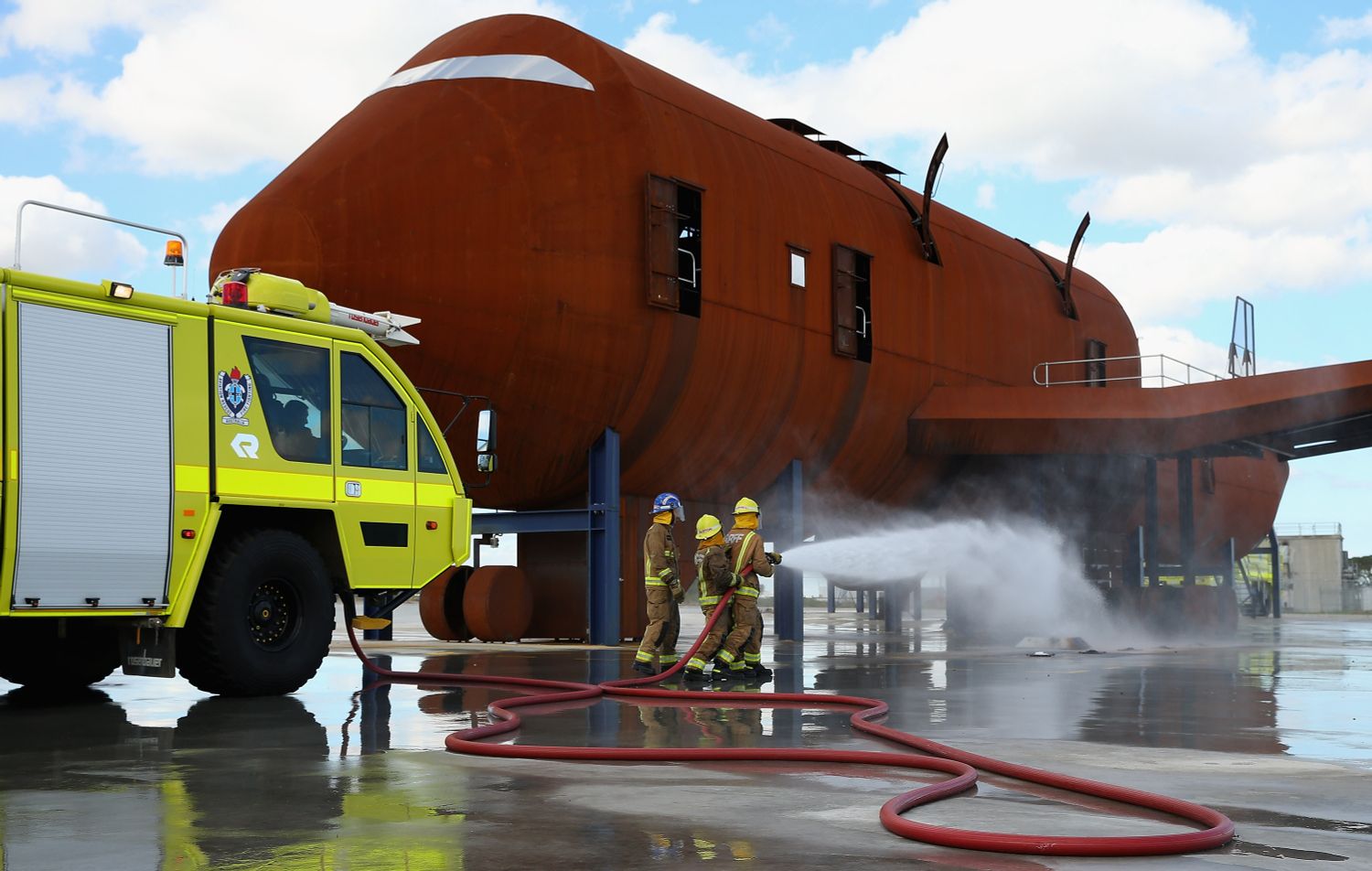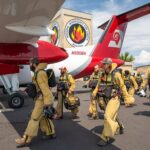
Airservices Australia has proposed a new in-line principle agreement.
BYCHARLOTTE SEET PUBLISHED 3 DAYS AGO

Airlines and passengers across Australia were previously bracing themselves for a turbulent Friday December 9th, as the United Firefighters Union – Aviation Branch had plans to conduct an industrial walkout. Fortunately, it seems that particular fire was put out as the aviation firefighters have called off their plans.
Disagreements between the parties
The initial plan to strike came after continuous disagreements over a long-standing dispute between the union and Airservices Australia regarding pay and working conditions. Approximately 27 airports across the country were forecasted to directly feel the strike’s impact, which was planned to occur between 06:00 and 10:00 and last for about a week.
While the strike would not stop airlines from operating, it would have significantly impacted aviation safety. The lack of a functioning fire crew or even an understaffed fire crew on site of any emergency could be devastating and would be the primary difference between life and death in such situations. So if the strike did occur, flight cancelations and delays would have happened to minimize such risks.
Reaching an amicable agreement
However, the union made an announcement on December 3rd, highlighting that Airservices Australia has agreed to increase the number of aviation firefighters shortly and to work on preventing staffing shortages for the future. While it might not have been an increment in salaries, but the union felt it was still a win for its firefighters as the working conditions would be dramatically improved.
Adding the fact that Airservices Australia was willing to work on dealing with chronic understaffing, besides just bringing in new hires, was also a positive indication, as emphasized by the union’s secretary Wes Garrett:
“Thankfully, due to our proposed work stoppage on 9 December across Australia’s airports, after a year of obfuscation and deliberate inaction, Airservices Australia has been compelled to come to the table with an in-principle agreement that actually addresses the long staffing problems we face.”

The new agreement will see that Australia’s aviation firefighter staffing levels are relatively on par with international regulations, and these firefighters would be getting the same standard of job security as their counterparts in other countries. This means that the chances of Airservices Australia cutting out their jobs, as the employer did last year when 100 firefighters were let go, will be greatly reduced under the new agreement.
With the first step in the apparent right direction, Garrett highlights the criticality in how Airservices Australia finally recognizes the importance of these aviation firefighters, as he continued:
“Every time your loved ones and friends board an aircraft in Australia, they deserve fully staffed aviation firefighters to be there to save and protect them when they need it most. For over a year, that’s what we’ve been campaigning to achieve, and that’s what we hope this in-principle agreement will soon deliver.”
Averting an industrial walkout
Given the new in-principle agreement, the union has confirmed that the strike has been halted for the timebeing. However, all the firefighter members would still participate in a ballot to consider and evaluate the agreement, which is expected to begin shortly.
If the majority of the firefighters accept the agreement, the relationship between the union and Airservices Australia can move forward and changes can be made. Should the majority reject the proposal, it’s likely that both parties might move back to the negotiation table, where the possibility of an industrial walkout being called upon would be higher.
SOURCE: https://www.thecourier.com.au/story/8005860/aviation-firefighters-strike-called-off/






